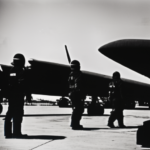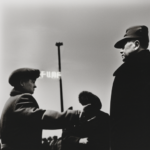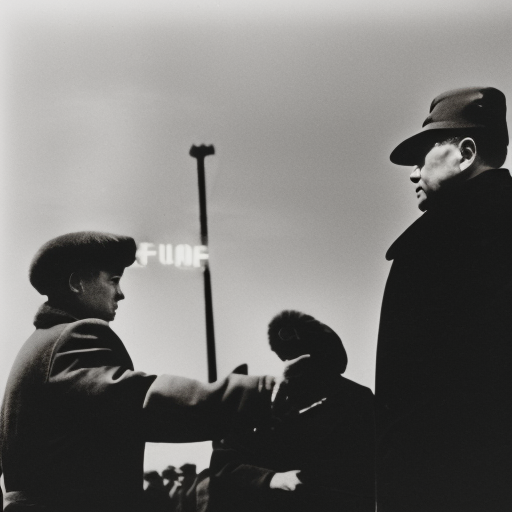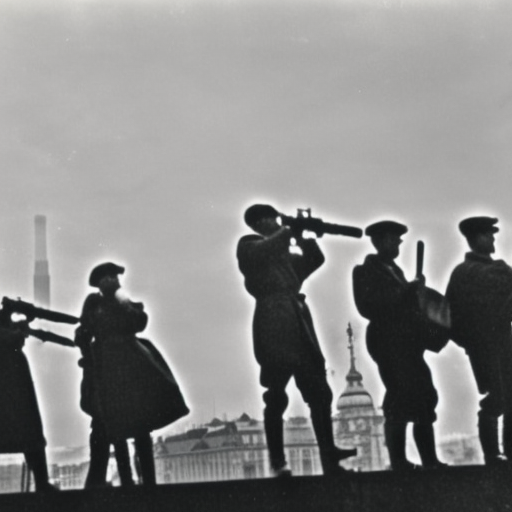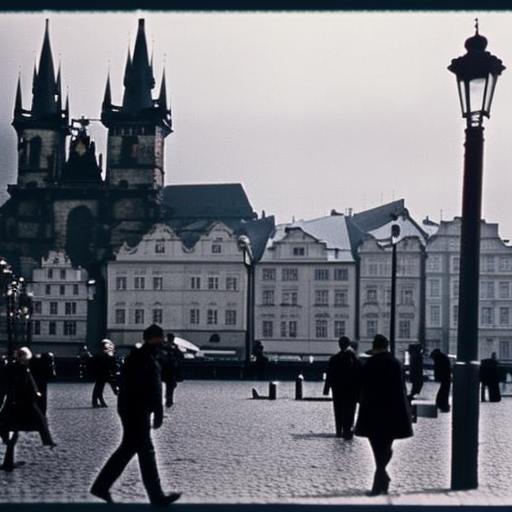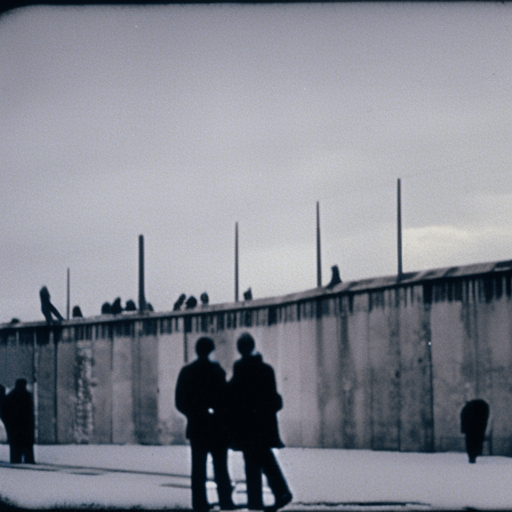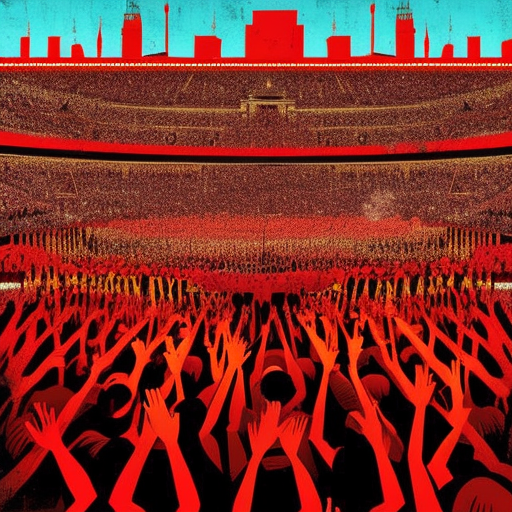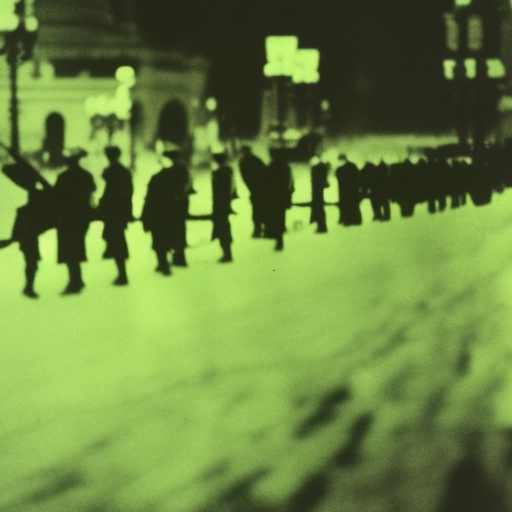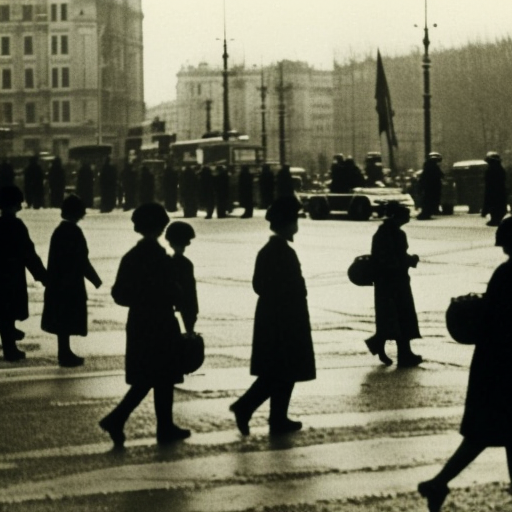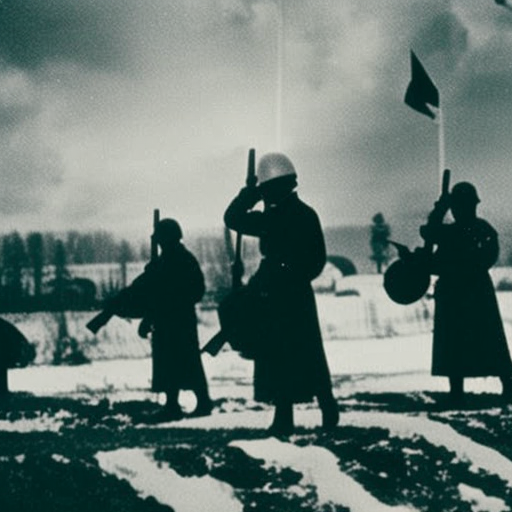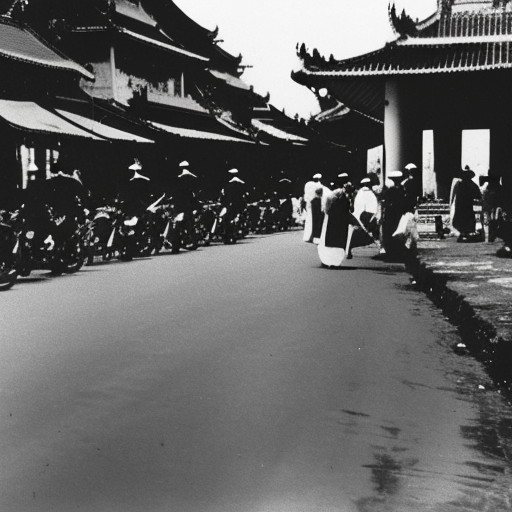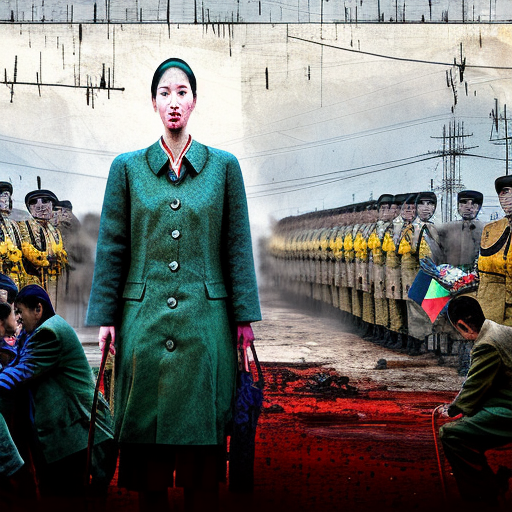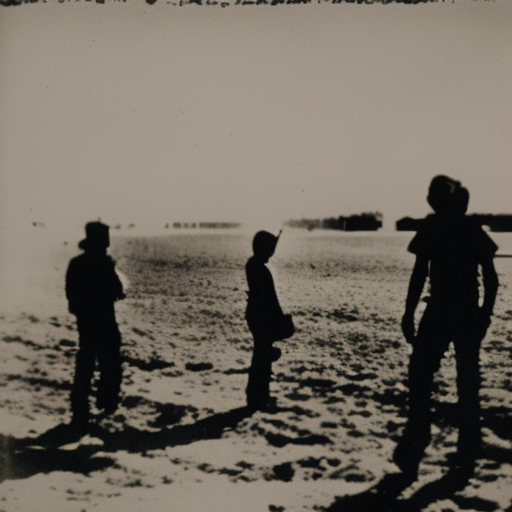The Brezhnev Doctrine was a Soviet foreign policy that asserted the right to intervene militarily in any socialist country that deviated from the principles of communism.
The Solidarity Movement in Poland Explained
The Solidarity Movement in Poland was a significant anti-communist movement that played a crucial role in the collapse of the Soviet Union and the end of the Cold War.
The Hungarian Revolution (1956) Explained
The Hungarian Revolution of 1956 was a nationwide uprising against Soviet-imposed communist rule in Hungary.
The Prague Spring (1968) Explained
The Prague Spring was a period of political liberalization and reform in Czechoslovakia that was abruptly ended by a Soviet-led invasion.
The Fall of the Berlin Wall (1989) Explained
The Fall of the Berlin Wall in 1989 marked the end of the Cold War and the reunification of East and West Germany.
The Communist Manifesto Summary
The Communist Manifesto” by Karl Marx is a seminal political pamphlet that outlines the principles and goals of communism.
Russian Revolution Explained
The Russian Revolution was a period of political and social upheaval in Russia that led to the overthrow of the Tsarist autocracy and the establishment of the Soviet Union.
October Revolution Explained
The October Revolution was a Bolshevik-led uprising in Russia in 1917 that overthrew the Provisional Government and established Soviet power.
Russian Civil War Explained
The Russian Civil War was a violent conflict that took place from 1918 to 1922, resulting in the victory of the Bolsheviks and the establishment of the Soviet Union.
First Indochina War Explained
The First Indochina War was a conflict between French forces and Vietnamese nationalists seeking independence from colonial rule.
Nothing to Envy: Ordinary Lives in North Korea Summary
‘Nothing to Envy’ by Barbara Demick offers a gripping and eye-opening account of the ordinary lives of North Koreans living under the oppressive regime.
Die Wende Explained
‘Die Wende’ refers to the peaceful revolution in East Germany that led to the fall of the Berlin Wall and the reunification of Germany.

